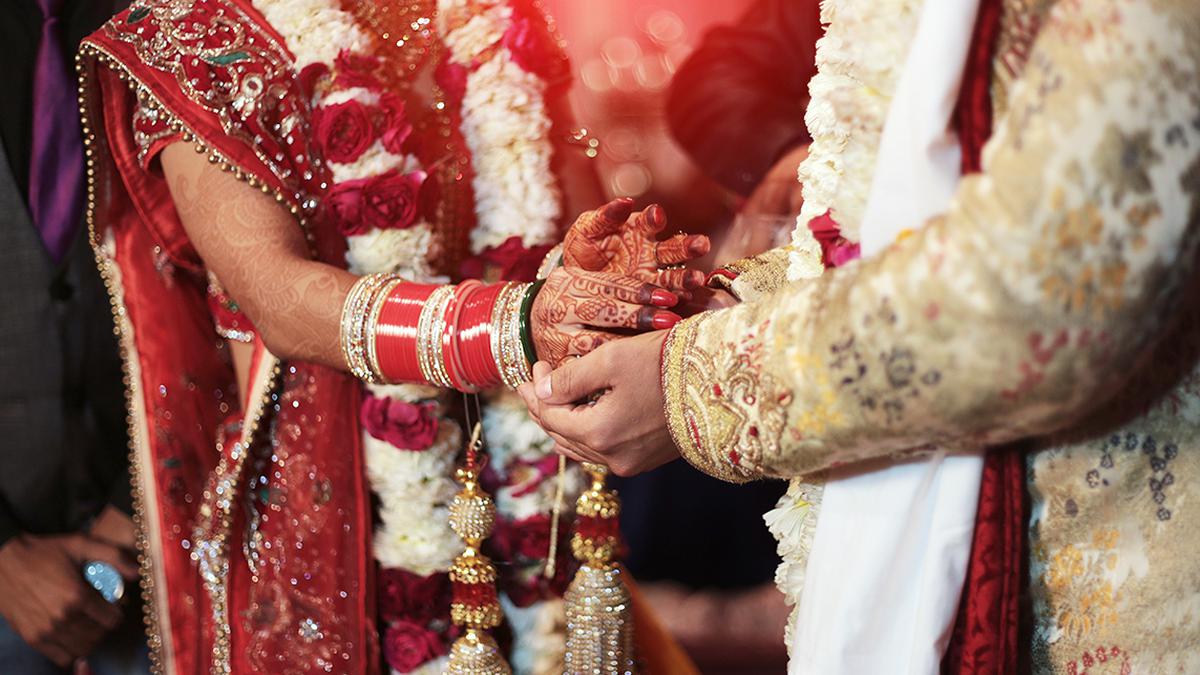
A married woman’s right to her maiden surname | Explained Premium
The Hindu
A petition in the Delhi High Court challenges a government notification requiring a husband’s NOC for married women to revert to their maiden surnames. We explore the issue.
The Delhi High Court last week sought the Centre’s response to a petition challenging a government notification that requires married women to submit a no-objection certificate (NOC) from their husbands if they wish to legally change their surnames back to their maiden names.
A division bench comprising Acting Chief Justice Manmohan and Justice Manmeet Pritam Singh Arora ordered the government to file its response by May 28, when the matter will be heard next.
The case once again exposes the gendered fault lines within existing regulations that often presume that married women must take on the identity of their husbands. Although a highly prevalent practice now, research shows that the tradition of women changing their surnames post-marriage is relatively new to India. In a 2005 paper, sociologist Raja Jayaram noted that naming practices in India began to get standardised under the influence of British colonial rule. “The British colonial system expected the Indians to have both personal names and surnames, corresponding to their own naming system that consisted of a first name (e.g., John), a middle name (e.g., William), and a last name or surname (e.g., Goldsmith),” he wrote.
In her book “Seeing Like a Feminist,” writer and academician Nivedita Menon attributes the practice to India’s patriarchal caste system. “The emergence of the universal ‘surname’ as part of the homogenising practices of the modern colonial state and the wife taking the husband’s name as a natural and unquestionable part of marriage amounts to the gradual naturalisation of two dominant patriarchies – North Indian upper-caste and British colonial,” she wrote.
However, recent data suggests that there is a gradual shift in this social convention. A survey conducted by the matrimony app Betterhalf.ai in 2022 showed that 92% of the respondents considered it normal for married women to not change their surnames after marriage.
Also Read:What’s in a surname?: On a woman’s right to choose her own identity
The notification in question was published by the Department of Publication of the Union Ministry of Housing and Urban Affairs (MoHUA) and stipulates that a woman seeking to legally change her name back to her maiden name has to either submit an NOC from her husband or a copy of her divorce decree. A copy of her identity proof along with her contact number also has to be submitted along with the NOC. If divorce proceedings are pending, then such an application would remain on hold until the case is concluded.













